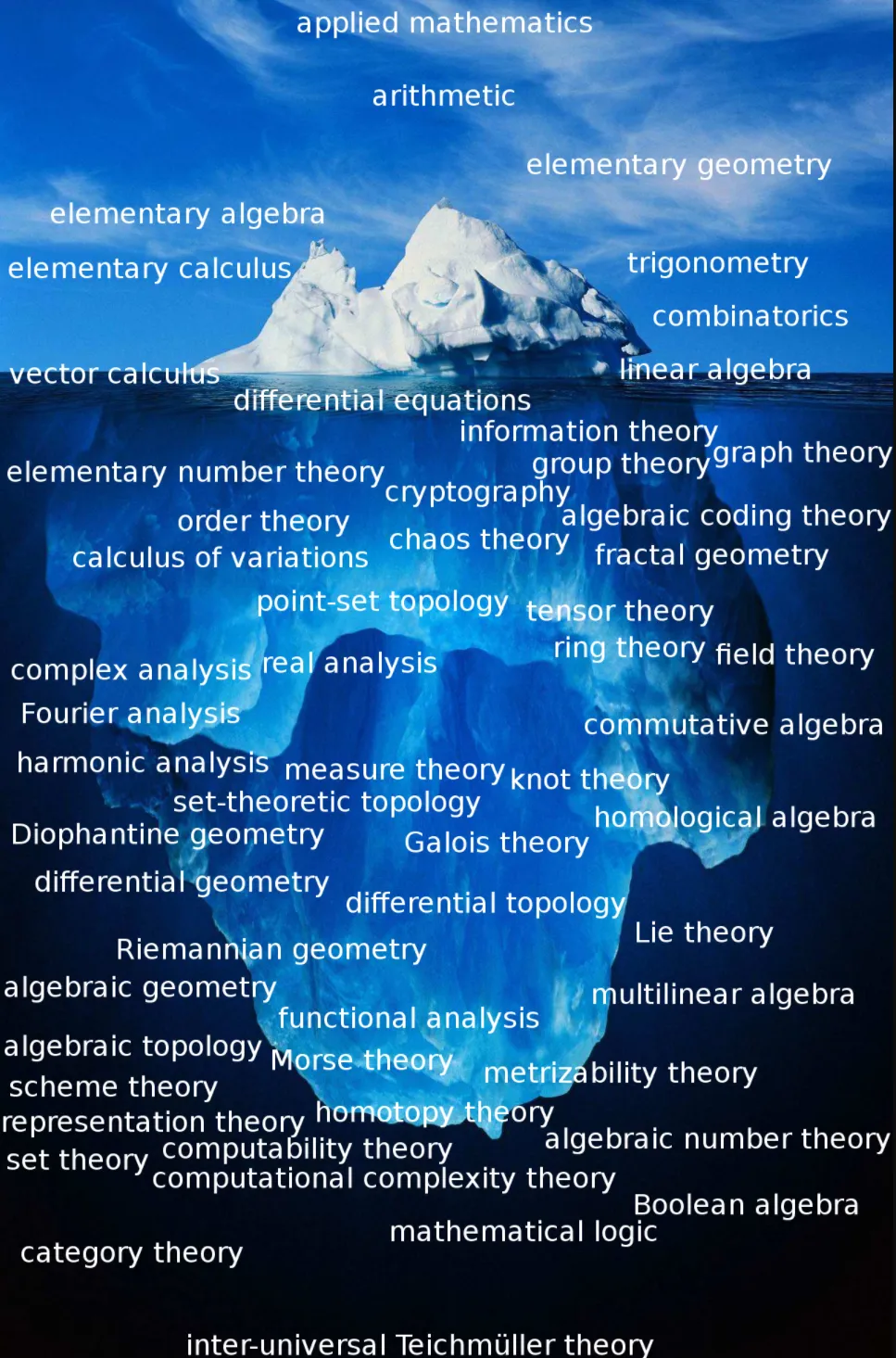如果我看数学看得很慢,这没问题吗?
我在一所知名的数学学院读数学本科,今年是最后一年。然而我发现一件事情,那就是我好像看数学的速度要比班上其他同学慢。比如,无论我尝试多少遍,我似乎都是班上最后做完作业的人,并且我很少有空余时间进行课外阅读。你觉得有哪些建议或者技巧是我可以尝试的?或者说为了节省时间,我是不是应该跳过细节?
回答1:提问和给出的信息有些模糊,可能无法给出令人满意和有意义的答案。但我仍然会尝试给出一个答案:
我想我们每个人都知道数学中的这些短语,如“easy to see”或者类似的词组,他们能占据一个人数小时注意力,并且显然会导致读完一篇文章所需要花费的时间,比理所当然的要更长。因此如果你为此付出了更多努力,而你的同学们却没有,那读得慢确实没什么问题。还有当你第一次阅读文本的时候,你是否会尝试理解每一个证明中的每一处细节?我非常肯定这不是你每个同龄人都能做到的。并且我发现有几种不同的“类型”。比如说我在第一次看时,往往需要先有个大概的了解,然后再深入理解更为复杂的证明和细节。我同时喜欢多次反复阅读一个文本,因为我记性不好,这或许会让我重复一些东西,但当然也意味着我第一次会看得很快,但也很肤浅(所以我先从鸟的视角俯瞰,再切换到青蛙的视角)。
但即便你假设自己“客观上”比别人慢,但最终还是理解了它,那又有什么问题呢?数学是我生活的重要组成部分,对我来说它意味着很多事情,但肯定不是一场竞赛。并且我确实不相信你需要既优秀又敏捷才能找到一个有意思的工作。
你还提到你就读于一个有名的大学(不管这意味着什么),因此你所说的“慢”应该是相对的,对吧?同时你是在本科学习中提到这个的。因此坦白说,你很可能只是触及了现代数学的表面。我认为这是好消息,同时也是坏消息(至少我对此感到矛盾)。因为到目前为止,你只受到数学中令人厌恶的内容的影响,所以也许你会在最近的发展中表现出色。我以前在这里写过一些文章,但我非常确信,学习数学不是短跑,而是(终身)马拉松,而学士(本科)只是我经历的最初几公里。
就是这么说:坚持下去,继续努力。你在这里问这个问题的真正原因表明,你无论如何都走在正确的道路上。
我的回答:我的情况跟你差不多。在读数学的时候,我总是会深入思考它,直到我彻底理解它全部的意思。知晓不同数学概念之间的联系,显然会对你在数学更进一步的研究有帮助。因为本科数学只是真正数学的开始,巩固你的基础能帮助你更容易理解研究生的课程。如果你想提高你看数学的速度,我觉得你搞不懂的时候,可以跳过一些细节,先谅他们一会儿,等到你有灵感的时候再看一遍。
0 人喜欢
暂无评论,来发布第一条评论吧!

